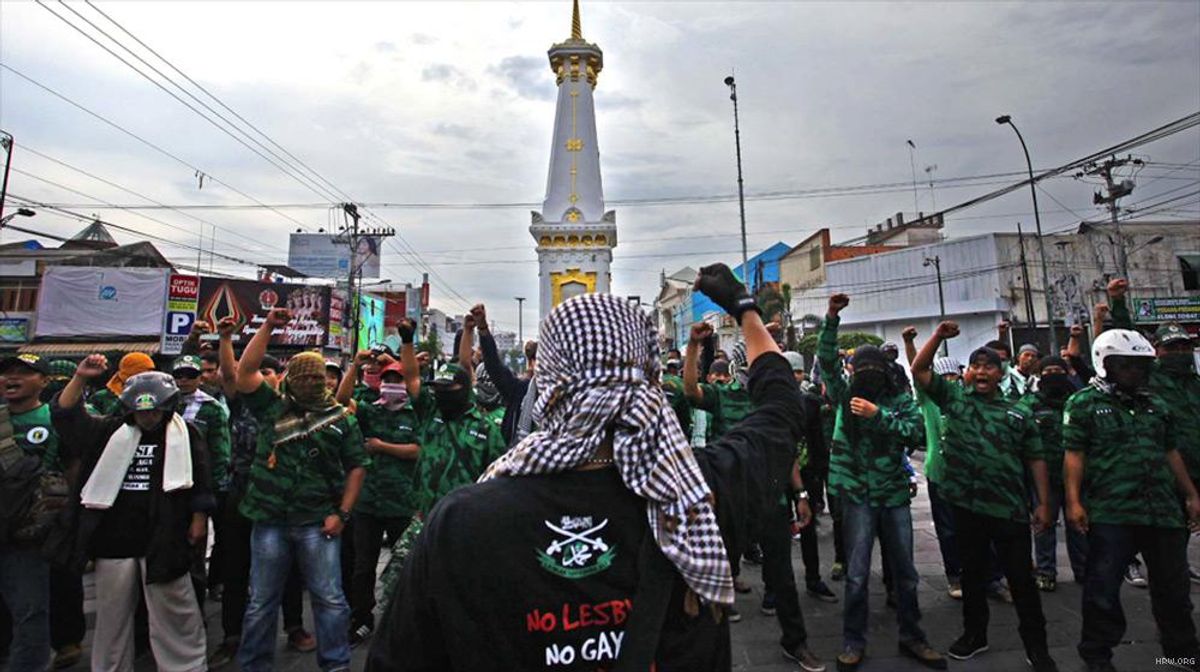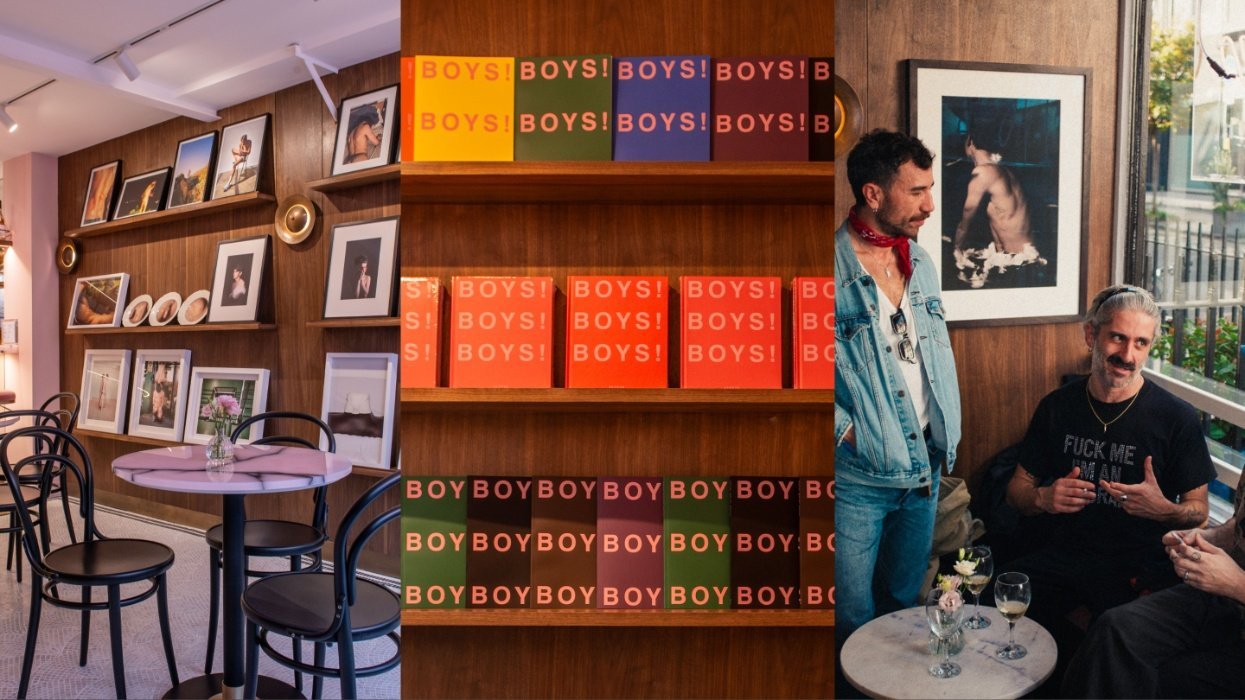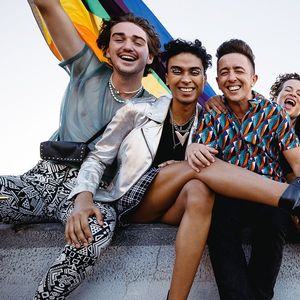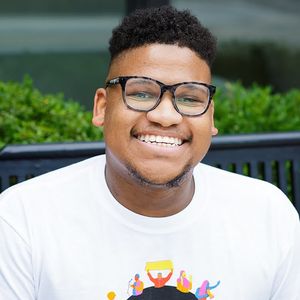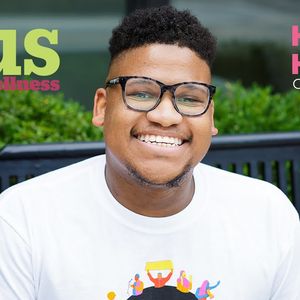Indonesia has decided to ban over 80 apps and websites that feature LGBT content.
BuzzFeed reports that the Southeast Asian nation -- the fourth most populous country in the world -- will block all outlets "promoting LGBT," as they have "violated the law on pornography and the law on child protection," said Aidil Chendramata, a director at the Communications Ministry.
The decision followed a closed-door meeting Wednesday at the ministry, which included leaders in national law enforcement as well as officials from the ministries of Human Development and Religious Affairs. The summit was initially convened due to allegations that apps were being used to facilitate a child pornography ring. However, these leaders broadened its agenda.
The Communications Ministry plans to block the apps from its 250 million citizens by asking Google and Apple to remove them from their app stores. In a letter sent to Google by the ministry, Grindr, Boy Ahoy, and Blued were named in the block list. Dozens more will be added to this list pending government investigation. Neither tech company has commented yet on how it will proceed.
Signs of an antigay crackdown in Indonesia have been apparent for some time. The Communications Ministry announced in March that it planned to ban LGBT "propaganda." Earlier, it told instant messaging apps such as WhatsApp and Line that they must scrap any emoticon inclusive of gays and lesbians.
There have been other recent indicators of trouble for LGBT Indonesians. Human Rights Watch sent a letter to President Jokowi in February warning of a "surge of anti-LGBT incidents" that included students at the University of Lampung being told they will be expelled for LGBT activism and lecturers threatened with firing for academic work on LGBT issues. The New York Times also reported that "Islamic vigilantes" have been searching boarding houses for gays and lesbians.
Although homosexuality is legal in Indonesia, which is 90 percent Muslim, the nation's Constitional Court is now considering criminialization of it. The chairman of the People's Consultative Assembly, Zulkifli Hasan, said in January that it "should be banned because it does not fit with the culture of Indonesia."
Islamic institutions have been supportive of Indonesia's move to restrict the internet, which some say has been dominated by Western media and mores. They also point out how the ban could be effective in the fight against terrorism.
"On Facebook, Twitter, and other sites, there are right-wing extremism, radicalism ... ISIS also uses it, al-Qaeda also uses it, other terrorists such as Jamaah Islam, Jamaah Tabliq Al-Hijrom, Mujahiddin also use it -- so it is not only LGBT," said Said Aqil Siradj, the leader of the Nahdlatul Ulama, Indonesia's most prominent Muslim organization.
However, activists worry about the impact of the ban on the well-being of Indonesia's LGBT citizens and whether it would influence other countries to follow suit.
"If gay applications are closed down, it only makes the community even more isolated, as they won't be able to find friends via the virtual world," said Yuli Rustinawati, head of the organization Arus Pelangi. "It is quite strange to ban people from finding friends."
